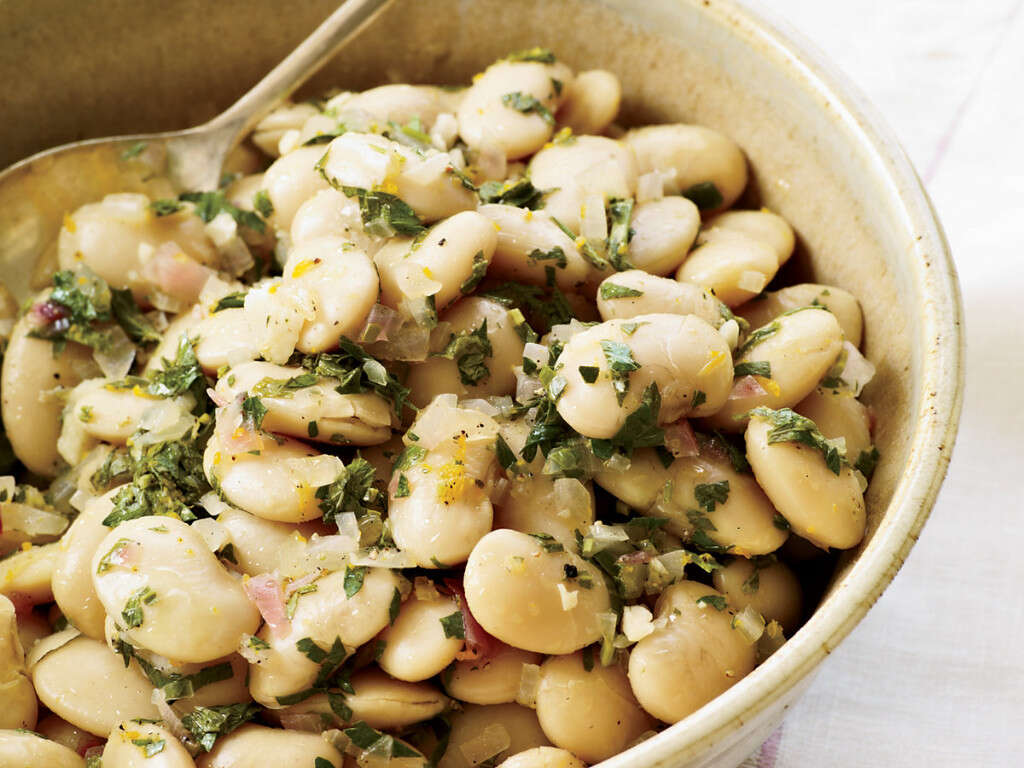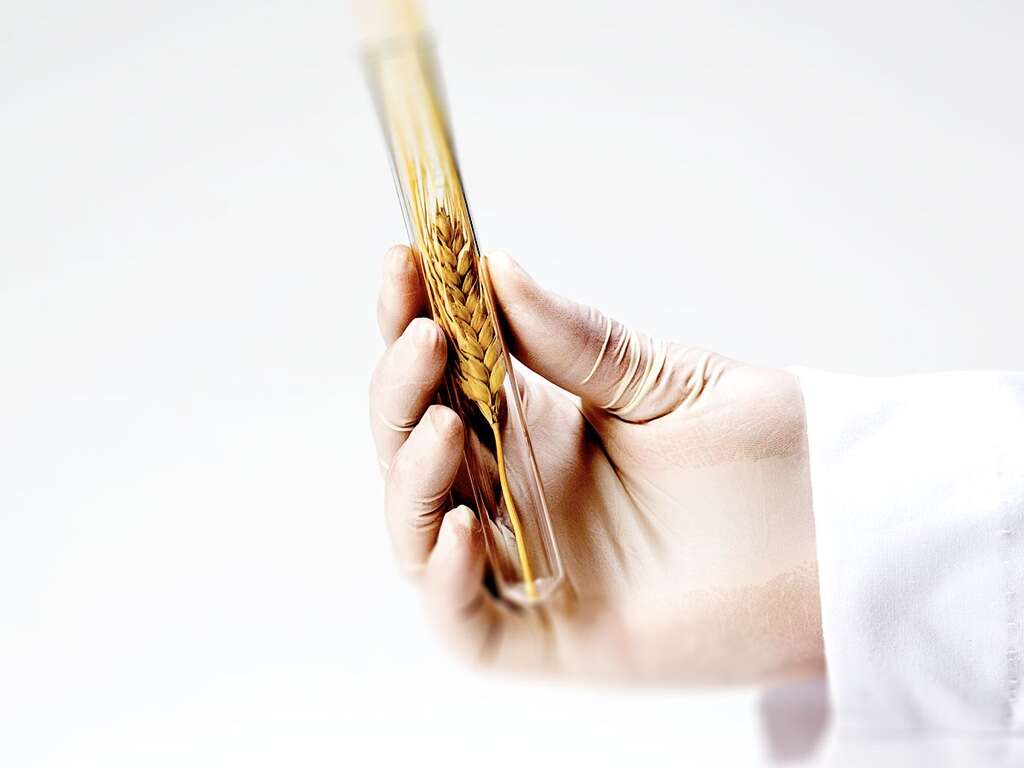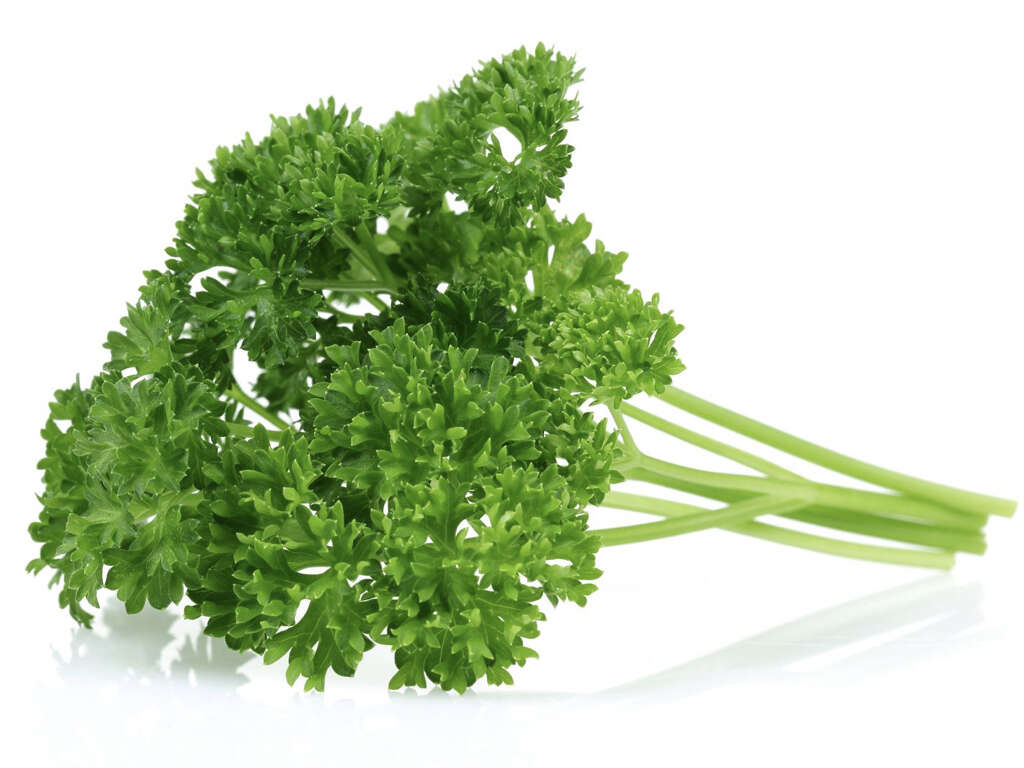10 Foods That Do Not Cause Gas
Studies have estimated that the average person produces about 0.6 to 1.8 liters of gas every day. Gastrointestinal gas has two sources where it is either swallowed (exogenous) or produced by bacteria in the intestines (endogenous). This gas in the intestines is composed of varying amounts of carbon dioxide, oxygen, nitrogen, methane, and hydrogen. Carbon dioxide, oxygen, and nitrogen come from the exogenous source while methane and hydrogen come from the endogenous source where the bacteria in the intestines break down food residue. Based on the analysis of intestinal gas, it comprises mainly of exogenous air and a small amount of endogenous air.
Intestinal gas has a bad odor as the intestinal bacteria produces sulphur-containing compounds. The human nose has the ability to detect hydrogen sulphide and is, therefore, sensitive to the passing of intestinal gas. Gas can be released via the anus as flatus or via the mouth by burping or belching. A normal healthy person passes flatus about 12 to 25 times a day. Generally, swallowed air remains in the stomach before passing through the rest of the gastrointestinal tract in small amounts regularly. It moves rapidly as it is propelled by peristalsis (rhythmic contractions in the gastrointestinal tract). When the gas reaches the colon, movement slows, and gas is released through the anus in small amounts. During sleep, there is very little air swallowed and most gas is passed. This is why there is minimal gas at the beginning of the day.
There are various factors that can influence the amount of gas such as diet, bowel motility, medications, and stress. Read on to learn more about foods that do not cause gas.

Food That Does Not Cause Gas #1: Celery
Celery is an edible plant that is cultivated as a vegetable. It has a long fibrous stalk that tapers into leaves with seeds that are used as a spice. It has an extremely high water (95 percent) and potassium content. Potassium can be beneficial as it helps control water retention and bloating.
Celery is commonly used as a digestive aid to help repair a leaky gut and control gas. The insoluble fiber found in celery further helps the regulation of bowel movements as it benefits individuals with both diarrhea and constipation. Celery is best eaten cooked as it helps to soften the indigestible fibers to reduce gas.

Food That Does Not Cause Gas #2: Cucumber
Cucumber is a plant of the gourd family that is cultivated as a vegetable. Cucumber contains about 95 percent water and supplies some essential nutrients. The most notable nutrient is vitamin K, which provides about 16 percent of the recommended daily value (for every 100 grams of cucumber).
Cucumbers also contain a flavonoid known as quercetin, which helps to fight against inflammatory free radicals, supports a healthy immune response, and reduces allergic reaction. Cucumber benefits those who experience abdominal bloating as it helps decrease gastrointestinal swelling. Drinking cucumber water or eating it can also help balance sodium levels, release trapped gas, and flush excess water from the system.
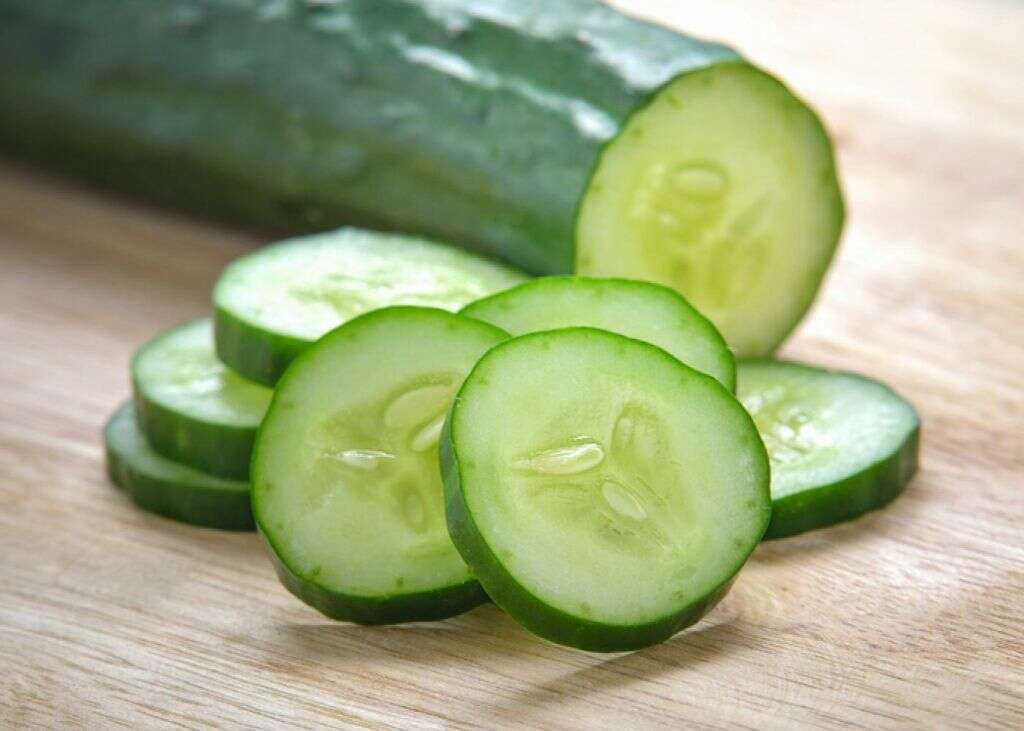
Food That Does Not Cause Gas #3: Banana
A banana is an edible fruit that can be eaten by itself or used in cooking or desserts. Variable in color, size, and firmness, it is curved, elongated, and covered with a rind ranging from green to brown in color. Bananas are 75 percent water, 23 percent carbohydrates, 1 percent protein, and negligible amounts of fat. At 100 grams, it contains 89 calories, moderate amounts of vitamin C, dietary fiber, manganese, and 31 percent of the recommended daily value of vitamin B6 and about 8 percent of the recommended daily value for potassium.
Potassium is essential for fluid balance, helps relieve trapped gas, and combats constipation. Choose bananas that are slightly green to get the maximum benefits as they contain less fermentable sugar and more resistant starch.
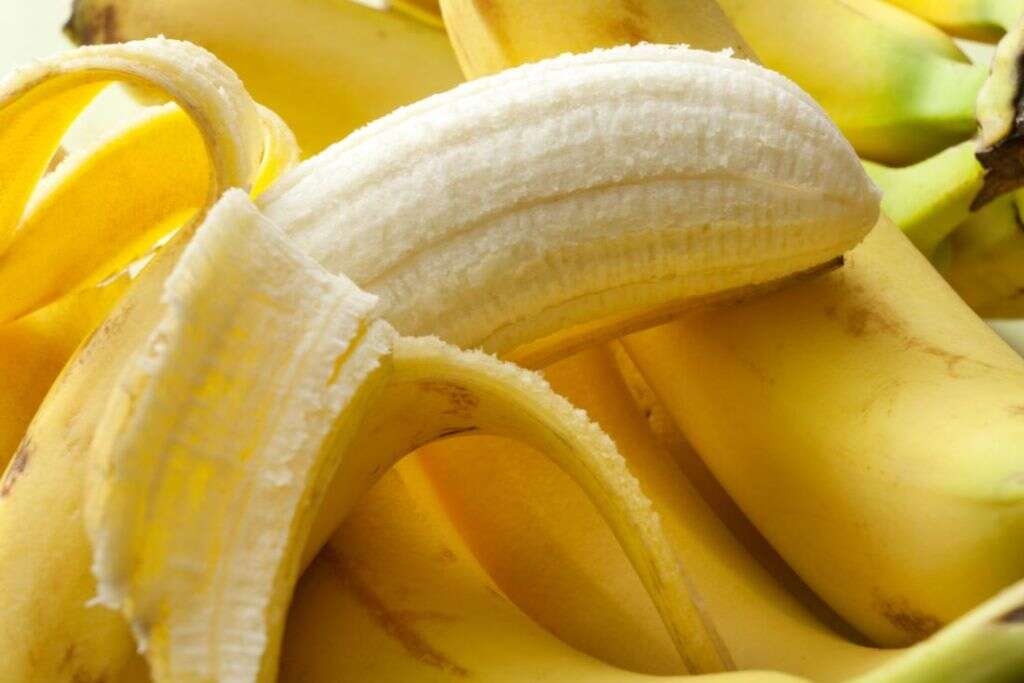
Food That Does Not Cause Gas #4: Spinach
Spinach is a leafy green plant that has leaves that can be eaten fresh or after preservation techniques such as dehydration, canning, or freezing. It has a high oxalate content that can be reduced through steaming. Raw spinach consists mainly of water at 91 percent, 4 percent of carbohydrates, 3 percent protein, and negligible amounts of fat. It has high nutritional value due to it being a rich source of vitamin A, vitamin K, vitamin C, vitamin B6, riboflavin, vitamin E, fiber, potassium, calcium, manganese, magnesium, folate, and iron.
Magnesium is important as it synthesizes protein and activates enzymes that break down the food into smaller components. Spinach also helps relax the muscles in the digestive tract, soften stools, and maintain bowel regularity.
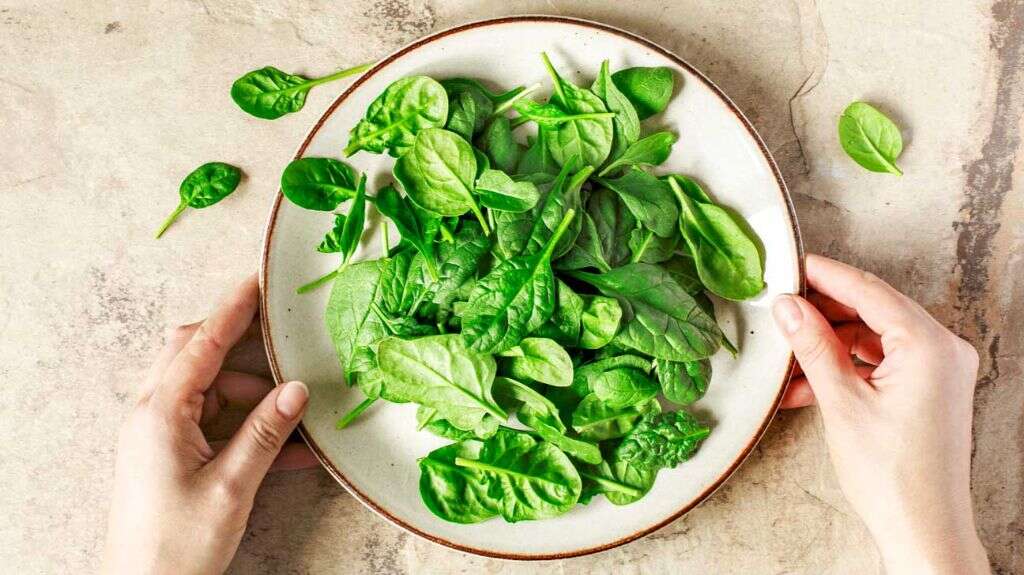
Food That Does Not Cause Gas #5: Ginger
Ginger is a plant where the root is widely used in folk medicine or as a spice. Raw ginger consists of 79 percent water, 18 percent carbohydrates, 2 percent protein, and 1 percent fat and 100 grams provides 12 percent of the recommended daily value of vitamin B6 and 11 percent of manganese.
Ginger is often used as a home remedy for various issues of the digestive tract. It is believed to be able to help enhance gastrointestinal motility, reduce bloating, and accelerate stomach emptying. Ginger also contains compounds such as shogaols and gingerols that help reduce flatulence.
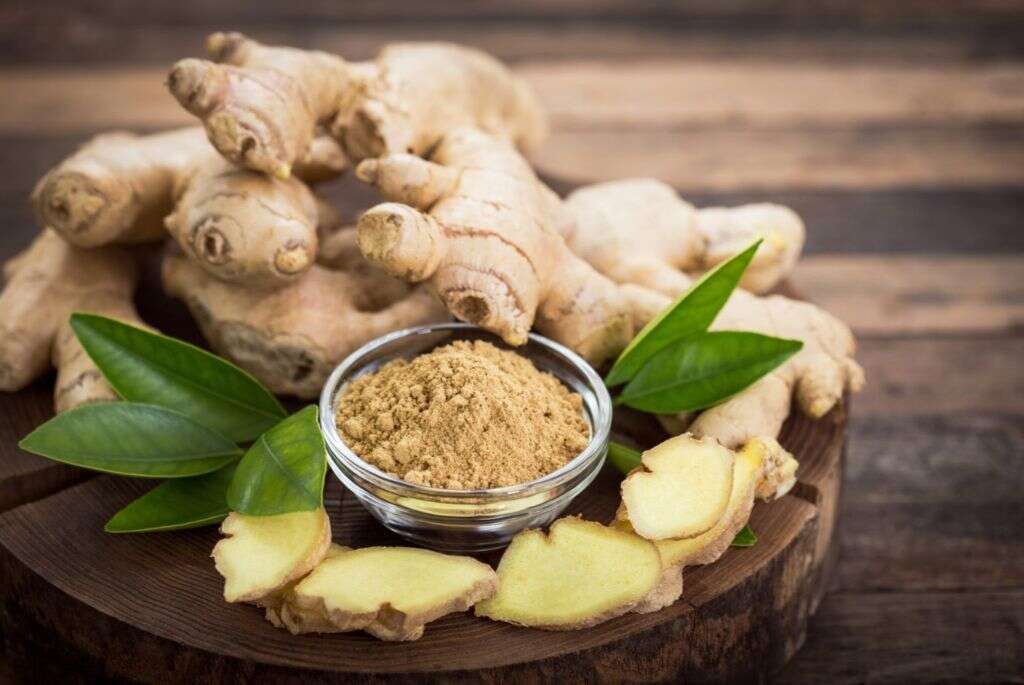
Food That Does Not Cause Gas #6: Gluten-Free Bread
Gluten-free bread is generally available in local stores or can be made at home. Gluten is a protein often found in barley, wheat, and rye. Gluten sensitivity can cause issues such as excessive gas, abdominal bloating, and pain.
Studies have also found that individuals without gluten sensitivity experience significantly more gas when they consume gluten. This is thought to be due to gliadin, a protein that is difficult to digest and breaks down the microvilli on the intestinal walls. Once the villi are destroyed, it stops producing the required enzymes to digest gluten. For those who want to avoid gas, it is best to choose gluten-free bread.

Food That Does Not Cause Gas #7: Quinoa
Quinoa is a type of grain that is botanically related to spinach. It is rich in dietary fiber, protein, vitamin Bs, and dietary minerals (folate, phosphorus, magnesium, manganese) when compared to other grains. It is also gluten free. Raw quinoa consists of 13 percent water, 64 percent carbohydrates, 14 percent protein, and 6 percent fat.
Quinoa is a great grain or source of carbohydrate as it does not contribute to gas. This is thought to be due to it being gluten free and the presence of magnesium, which helps activate enzymes that break down food into smaller components.
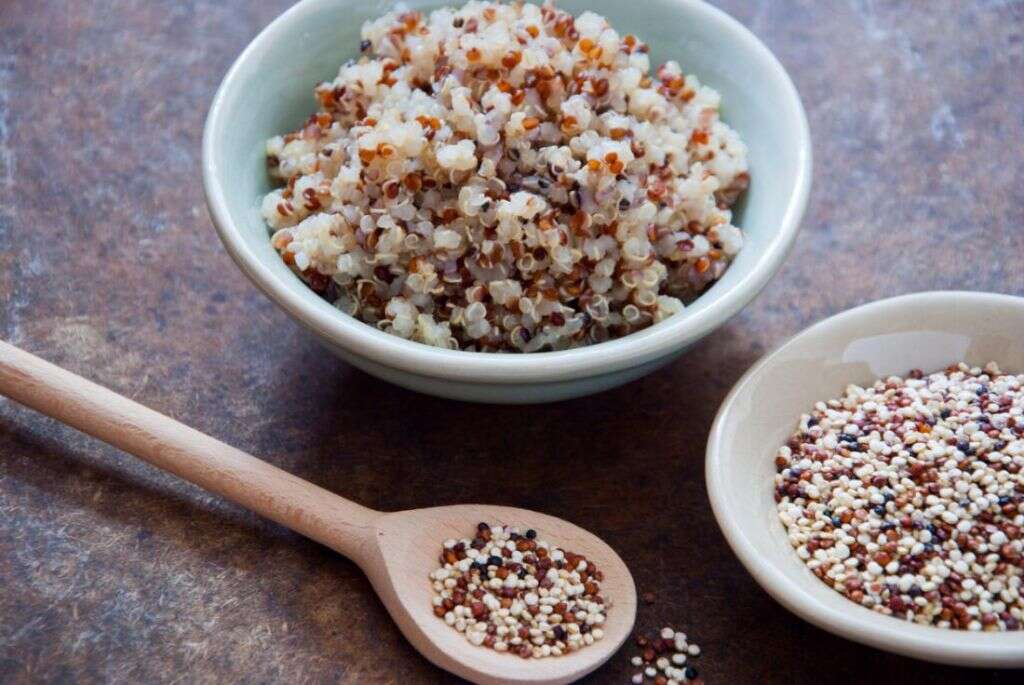
Food That Does Not Cause Gas #8: Fruits
Fruits are commercially valuable as part of our human diet. They can be eaten raw or made into other products such as jams, marmalades, fruit juices, beverages, and dessert. For those who are looking for foods that does not cause gas, it is important to note that fruits are less likely to produce gas compared to other foods. However, it is still best to eat them in moderation as the body has a limit to how much fruit-based carbohydrate can be absorbed.
The more fruits consumed, the more likely that gas will occur. Some less gassy fruit options are cranberries, blueberries, raspberries, strawberries, clementine, cantaloupe, honeydew, kiwi, grapes, and pineapple.
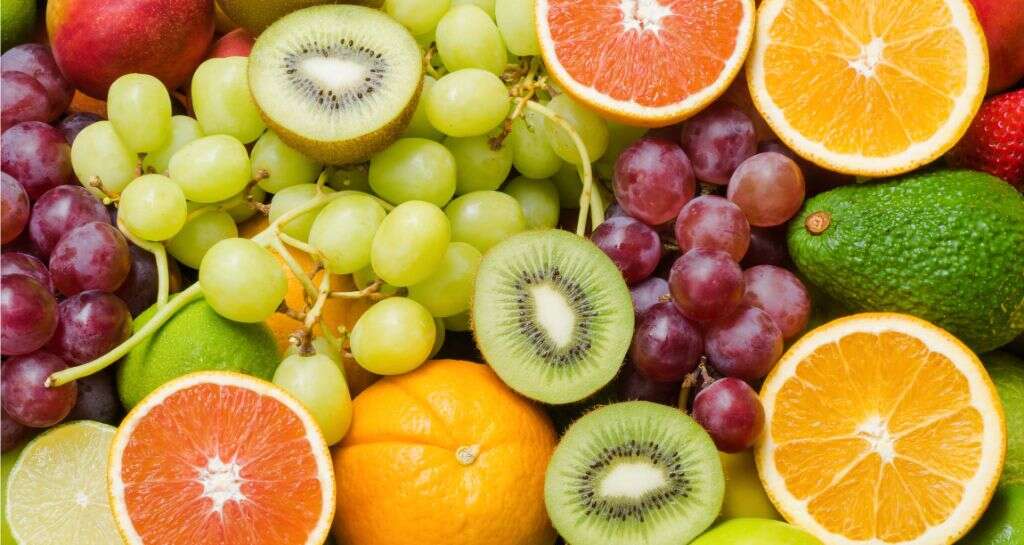
Food That Does Not Cause Gas #9: Fermented Foods
Fermented foods are foods that are preserved through the action of microorganisms. Some examples of fermented foods include sauerkraut, yogurt, kimchi, kombucha, and kefir.
Fermented foods are great for individuals looking to avoid gas as the carbohydrates in the fermented foods have already been fermented by the bacteria. This means that the intestines no longer have to break down the food, which decreases the likelihood of gas. Fermented foods are also rich in probiotic bacteria that is also beneficial for gastrointestinal health.

Food That Does Not Cause Gas #10: Animal Proteins
Protein is a vital nutrient needed for the normal functioning of the body. It plays a role in DNA replication, catalyzing metabolic reactions, and providing structure to the cells. The human body requires about 20 amino acids. While the body can produce nonessential amino acids, it cannot produce essential amino acids, which needs to be obtained from our diet.
Animal proteins refer to proteins that come from animals such as poultry, meat, and fish. The human body is well adapted to digest protein. Since animal proteins do not contain carbohydrates, they do not cause gas. It is important to note that gravy and glazes may contain ingredients that can cause gas. Therefore, it is best to eat animal proteins plain when trying to avoid gas.







